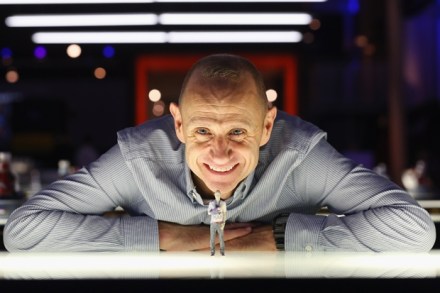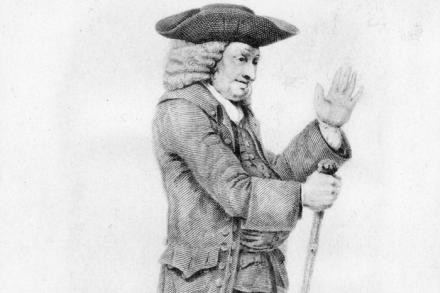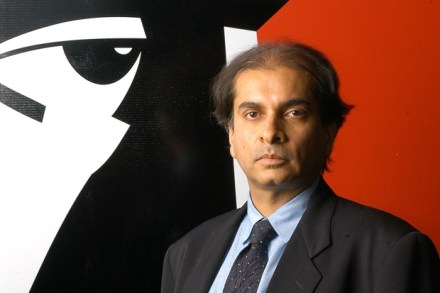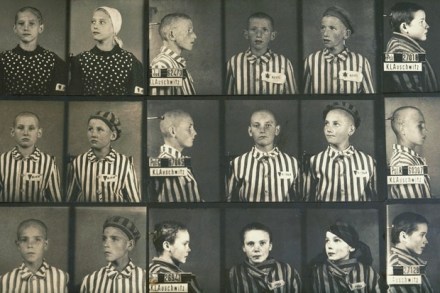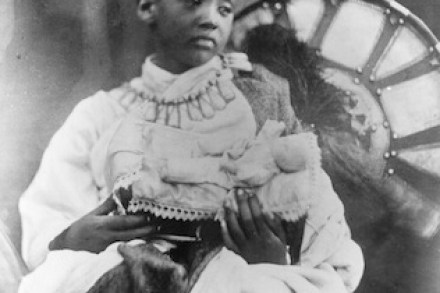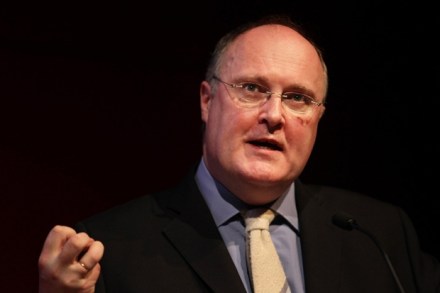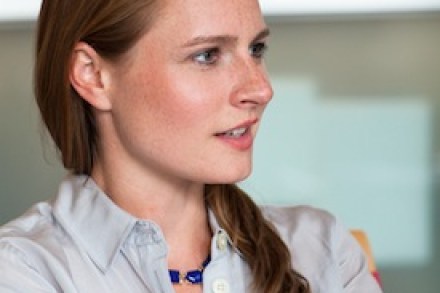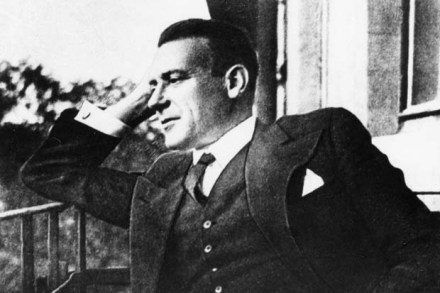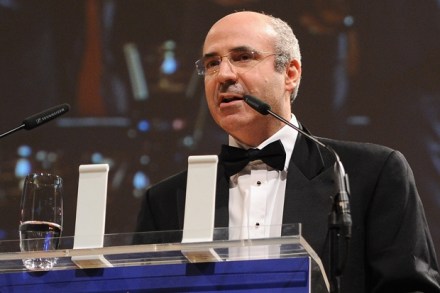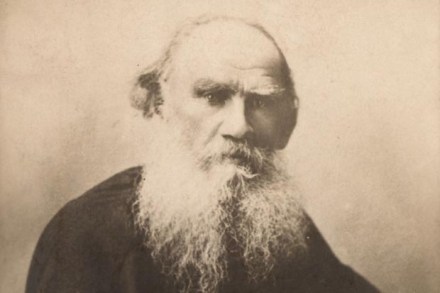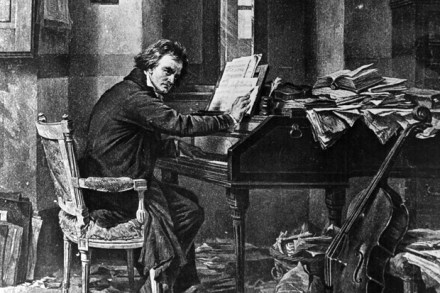Sea sound
It’s often not visual images that stimulate memory but a smell, a taste, the sound of pebbles crashing on to the beach, ice cream being scooped into a cone, seagulls circling overhead. Where was I when I first heard that sound? That’s why the National Trust (in association with the British Library sound archive) has just announced its Coastal Sounds of our Shores campaign. We are all invited to send in our own audio recordings from the beach: short, five-minute clips, impressions taken outdoors, in real time, which capture what the seaside means to us. Not photos, or postcards, but an online archive of sound memories. Interpreting our surroundings through



